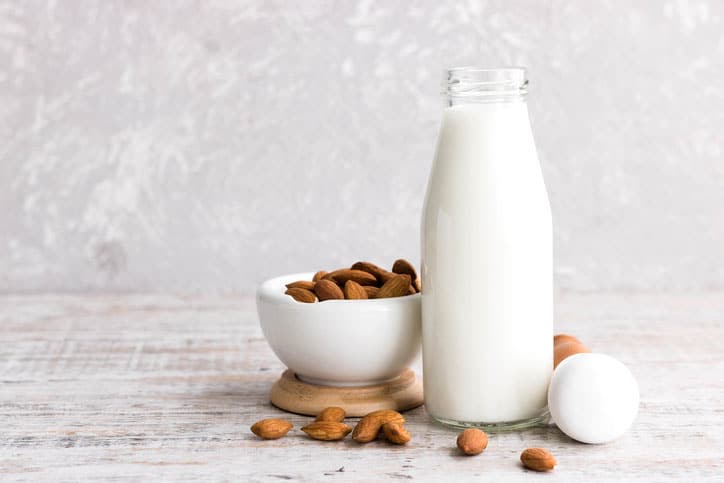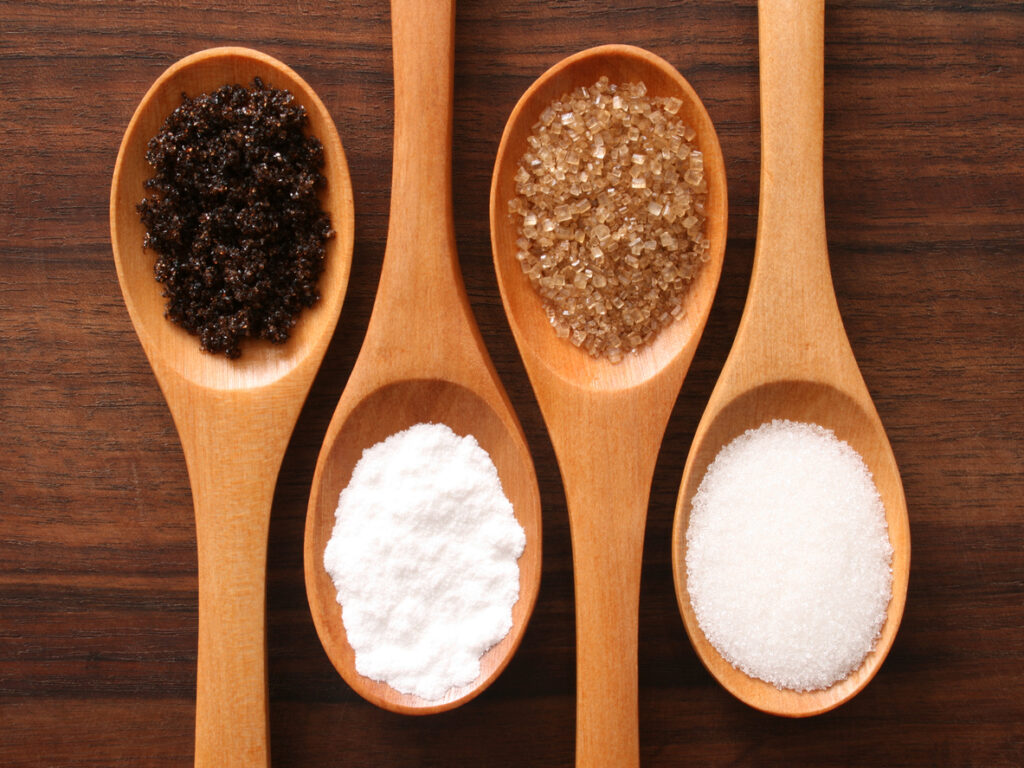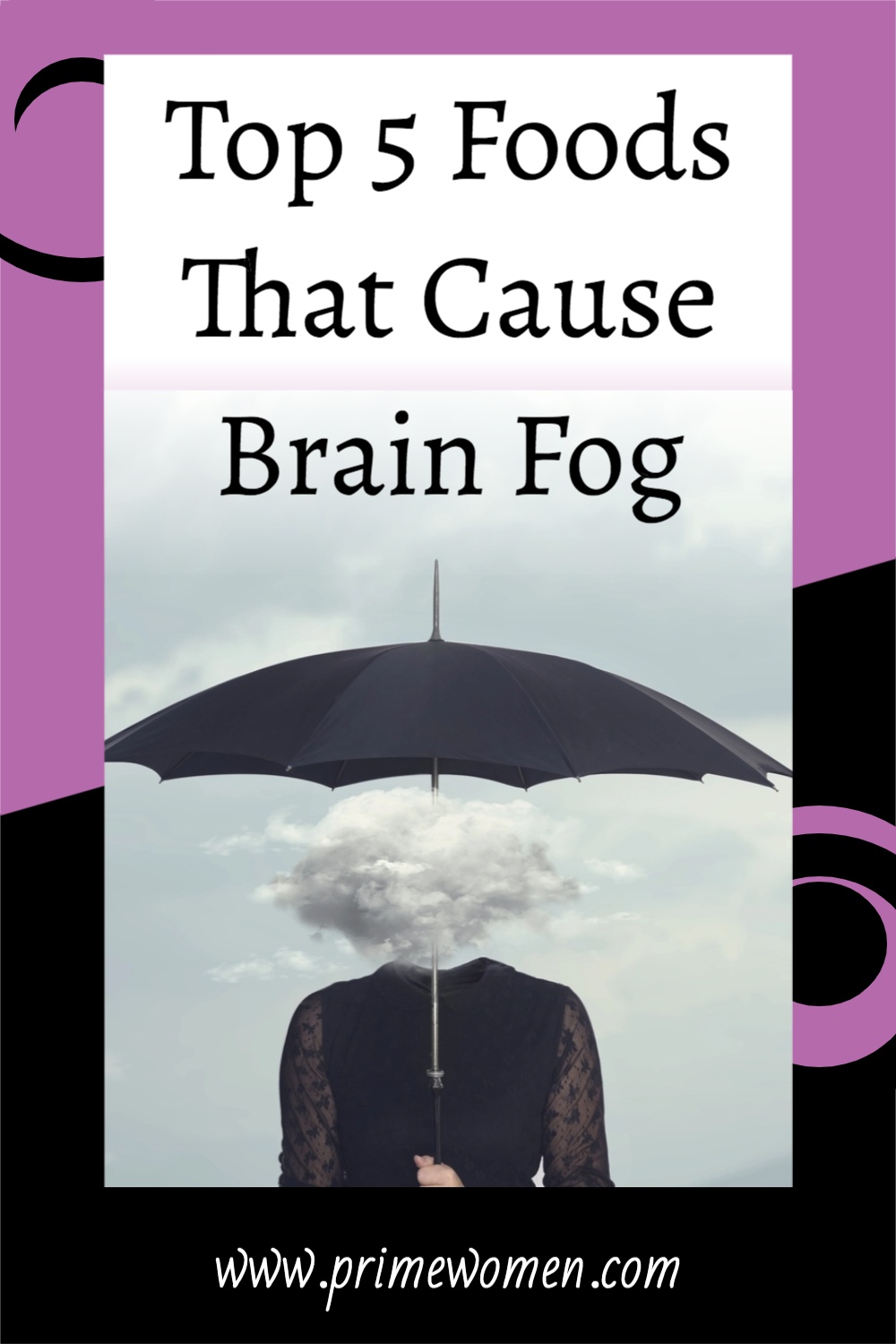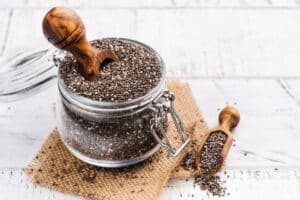Some days you just can’t quite get it together. You can’t seem to focus on one task, and you can’t find your keys – again! After several cups of coffee, you still can’t get out of your funk. You have trouble paying attention and cannot think clearly. It’s brain fog!
As integrative medicine expert Gary Kaplan, DO, told MindBodyGreen, “Brain fog is characterized by cognitive impairments to memory, attention, executive function, and the speed of cognitive processing.” Though brain fog is not technically a medical condition, it can be symptomatic of an underlying condition that Kaplan says might range from “poor nutrition or illness to undiagnosed food sensitivities or sleep deprivation.”
Brain fog may contribute to problems in employment and at school, unhappy relationships, low self-esteem, frustration, and difficulty functioning successfully in society. The solutions? It could be as simple as changing your diet!
5 Foods That May Be Causing Brain Fog
Here are the top 5 foods that can cause brain fog and a few examples of what you can eat instead.
1. Dairy
You don’t have to be allergic to dairy products like milk, cheese, ice cream, and yogurt to feel some of its negative effects. A lot of people are sensitive to dairy products. Take note if you experience headaches, irritability, confusion, digestive issues, or lower energy after consuming milk products. If you find this to be the case, try substituting a non-dairy option to see if you feel better. Some dairy substitutes include almond milk instead of cow’s milk, goat cheese versus cow’s milk cheese, or sorbet instead of ice cream.

2. Processed Meat
Sodium nitrite and sodium/potassium benzoate are salts added to processed meats to preserve freshness. Although these ingredients are FDA approved, consumers have posted complaints stating they experienced skin irritation, brain fog, and respiratory issues. Instead of bacon for breakfast, try wild-caught lox instead! Or choose organic, wild-caught meat and fish instead of the processed choices.

3. Beverages
Certain ingredients in drinks cause the brain to function slower. Sulfites, histamines, gluten, and ethanol in many alcoholic drinks are the culprit of the morning-after sluggishness. Of course, sugary drinks like soda and sweet tea can negatively affect the brain. Excess amounts of caffeine can contribute to the slower elimination of toxins from your body. Try to drink at least 1/2 of your body weight in ounces of water a day to rid the body of excess toxins. For example, if you weigh 150 lbs., you should be drinking 75 oz. of water a day. The toxins the body cannot eliminate circulate through the bloodstream and go into the brain. I like to tell my clients they can drink whatever they want AFTER they drink the right amount of water!

4. Artificial Sweeteners
Although this is a low-calorie substitute for regular sugar, don’t be too quick to use it! Aspartame is an ingredient that can cross the blood-brain barrier and actually kill brain cells, according to Dr. Kaplan. Symptoms of sensitivity to aspartame include headaches, mental confusion, problems with balance, and even numbness! Try opting for natural sugars to sweeten your morning coffee. As you cut out sugar and artificial sweeteners in your diet, your taste buds will actually change!

5. Grains and Gluten
A sensitivity or allergy to gluten can cause lots of digestive issues. Gluten foods like wheat, rye, barley, and oats can irritate the intestines and cause damage to the intestinal wall, making digestion very difficult. When digestion is compromised, the absorption of nutrients is impaired, and food, bacteria, and toxic microorganisms leak into the bloodstream. Because of this, required nutrients cannot reach the brain, and deficits cause brain fog. In the recent past, the gluten-free options on the market have increased dramatically. If you suspect you have a gluten intolerance, consider removing it from your diet and replacing it with a gluten-free option like almond flour, buckwheat, quinoa, or corn.

Mind Over Gut
The good news is that you can reshape your tastes! Taste-reshaping is mind over gut. First, you LEARN about how certain foods help or hurt you. Even though you may not be fond of, say, salmon, you know it’s good for you, and your brain can overrule your taste buds, and you can convince yourself to eat it and to like it! After repeated feedings of your less-than-favorite food, your gut-brain prompts, ‘“Finally you’re feeding me what I need. Keep eating it.” Your gut-brain tells your body that you like it, and eventually, you will CRAVE what you previously disliked!
Dr. Sears of the Dr. Sears Wellness Institute describes the Wisdom of the Body. The premise is that once you begin to eat foods that are good for you, your body will begin to crave these foods, and you will no longer want foods that are bad for you.
Most of us have lost our Wisdom of the Body after decades of defying it. You can get it back by eating REAL FOOD. In a few short months (yes, it’ll take about that long) of just eating real foods, your tastes will begin to change. Then when you indulge in “unreal” food, your gut will rebel as if telling you, “Don’t feed me that stuff anymore!”
Keep a food log or journal of what you’ve eaten and how you feel afterward. Soon, after eliminating certain foods, you’ll feel more energetic, be able to think more clearly, and maybe you won’t forget where you left your keys!
Read Next:
10 Healthy Habits to Start Now
Is There A Magic Potion For A Healthy Brain?








